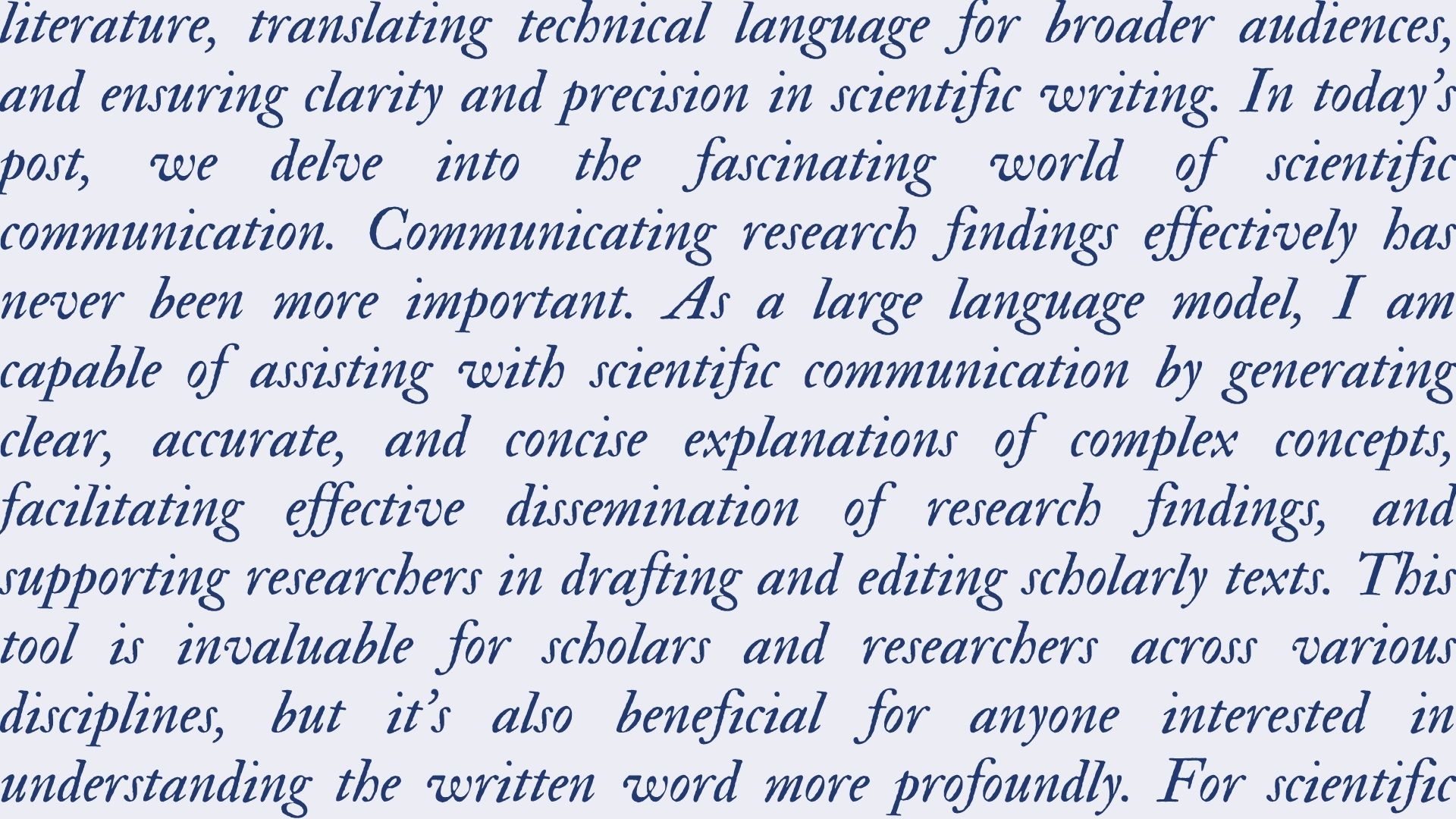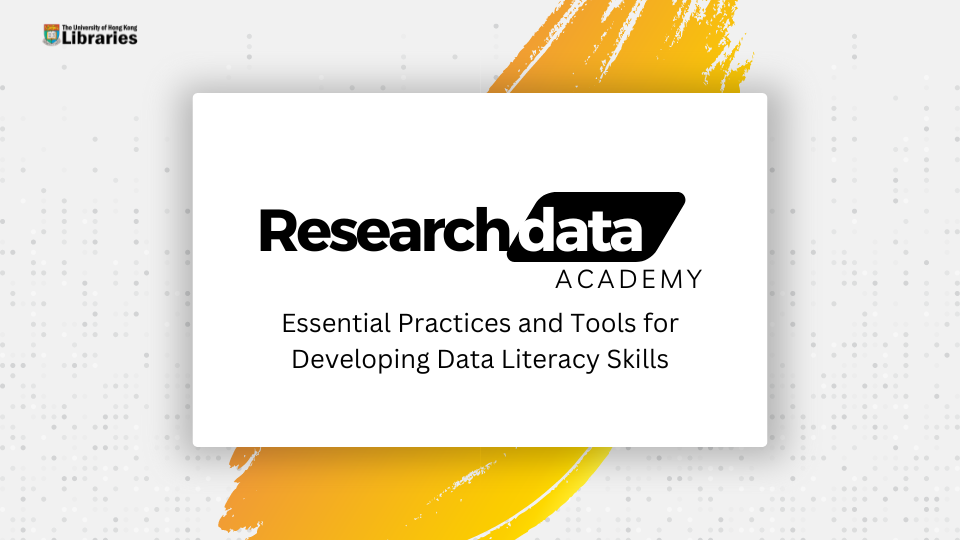Category: Scholarly Publishing

Selecting a Repository for Data Sharing
— by Christina Wong For ensuring transparency and reproducibility of research, preserving data, increasing research visibility, and meeting the requirements of publishers and funders, sharing research data has been an increasing trend in academia. On top of managing research data with a Data Management Plan, the next question has come to your attention: in which…
Read More
GPT (Ghost-Penman-Typist): Has Generative Artificial Intelligence (GenAI) Paved Its Way into Scholarly Writing?
— by Fanny Liu Introduction Researchers have been using Generative Artificial Intelligence (GenAI) for research, such as writing codes, brainstorming research ideas, drafting research manuscripts, and more (Van Noorden & Perkel, 2023). While recognising the negative impacts, including proliferation of misinformation, making plagiarism easier and harder to detect, and bringing inaccuracies into research texts, researchers…
Read More
Creating Video Abstracts with AI Tools
— by Wilson Tang Introduction While traditional written abstracts remain essential, video abstracts can help share your work with broader audiences. Thanks to advances in artificial intelligence, it is now possible for anyone—including those with no video editing skills—to create engaging and professional-looking video abstracts. In this post, I will share an experience in using…
Read More
Mega Journals 2: Promising or Predatory?
— by Fanny Liu Introduction In the previous post, we discussed major characteristics and the niche of mega journals, such as open access, wider scope, soundness only peer-review and higher acceptance rates. In this post, we will focus on some controversies. Concerns “Soundness-only” peer review: Yet to be defined? Senior executives and editors of mega…
Read More
Mega Journals 1: Inception and Ideal
— by Fanny Liu Introduction Since the establishment of PLOS ONE in 2006, a number of mega journals emerged, such as BMJ Open, IEEE Access, PeerJ, Scientific Reports, and more. While mega journals have secured a niche in scholarly publishing, there are also concerns and controversies. Characteristics Mega journals have some major characteristics (Björk, 2021;…
Read More
Access, Author Rights, and Agreements 2: HKU Author’s Choice of Creative Commons Licenses
— by Fanny Liu Introduction In the previous post (Access, Author Rights, and Agreements 1: Which Creative Commons License Works the Best for an Author?), we discussed the different Creative Commons licenses and publishers’ licensing agreements. In this post, we will focus on the choices made by HKU (the University of Hong Kong) researchers. Choice…
Read More
Access, Author Rights, and Agreements 1: Which Creative Commons License Works the Best for an Author?
— by Chloe Ng As illustrated in the previous blog post (Open Access in Progress: An Overview of Participation of HKU Authors in Open Access Publishing), more and more HKU authors are publishing their research outputs open access. When an author submits manuscripts to journal publishers, one of the important decisions to make is selecting…
Read More
Unmasking and Combating Publishing Malpractices 2: Citation Manipulation
— by Fanny Liu In the previous post (Unmasking and Combating Publishing Malpractices 1: Paper Mills), we discussed publishing malpractices focusing on the issue of paper mills. While traditional fraud and misconduct continue to exist, “post-production” manipulations, i.e., manipulations regarding the publication process and the impact, rather than the content of the publication, come into…
Read More
Unmasking and Combating Publishing Malpractices 1: Paper Mills
— by Fanny Liu Academics are faced with a pressure to consistently and frequently publish research to sustain or advance their careers, which incentivizes quantity over quality. This “publish-or-perish” mentality has brought potential negative impacts to scholarly research, for example unethical publishing behaviour compromising scientific integrity. Misconduct in science is “fabrication, falsification, or plagiarism in…
Read More
Research Data Academy Series: From Planning, Analysis to Sharing
— by Chloe Ng The Research Data Academy, organized by the HKU Libraries, is a series of training sessions designed to strengthen your data literacy skills. It provides researchers with essential practices and useful tools that help you to work with your research data efficiently. Registration is now open. All HKU students and staff who are…
Read More